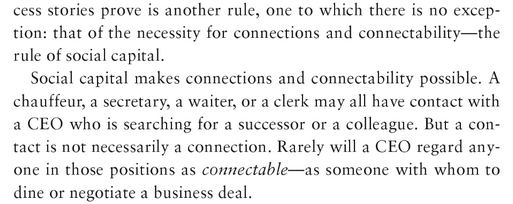This is the second post on the podcast How I Built This and academic research on business history and entrepreneurship.
Danny Meyer founded some of the most highly regarded restaurants in New York: Eleven Madison Park, Union Square Café, and Gramercy Tavern. He is also the founder of Shake Shack, which generates over $400 million in revenue a year. When he decided that he wanted to get into the restaurant business rather than go to law school a college friend got him an interview that led to his first restaurant job. Later he was able to use his father’s connections in the travel business to work with chefs in France and Italy. Another friend, who happened to be Bryan Miller, the food writer for the New York Times, who helped him make contacts with people in the New York food scene. When he found the perfect place to open his first restaurant, Union Square Café, he was able to obtain the lease for about $240,000 and spend another $500,000 building out the restaurant thanks to loans from his mother, aunt and uncle. This aspect of Meyer’s story is not that unique. Many of the stories on How I Built This involve getting loans of tens or even hundreds of thousands of dollars from relatives. The mother of Daymond John, the founder of FUBU, borrowed $100,000 on her house to put into his business and then let him use the house as his factory. The founders of Whole Foods, Supergoop, Chipotle, MM La Fleur, Tempurpedic, and Crate and Barrel all received large loans or investments from family members.
Help doesn’t always come from family. Holly Thaggard was able to get a chemist to help her develop the product and she was able to get a PR firm to take her on because of a phone call from Roxanne Quimby, founder of Burt’s Bees, who had befriended Thaggard at a trade show.
These stories reminded me of one of my favorite business history books, Pull: Networking and Success since Benjamin Franklin by Pamela Walker Laird. In the book Laird challenged the notion of the entrepreneur as a self-made man or woman by highlighting the role of connections in stories of business success. This is from the introduction
Far from being the self-made men or woman of entrepreneurial mythology, one of the common characteristics of successful business founders appears to be the ability to recognize when they need help and the willingness to go get it.


No comments:
Post a Comment